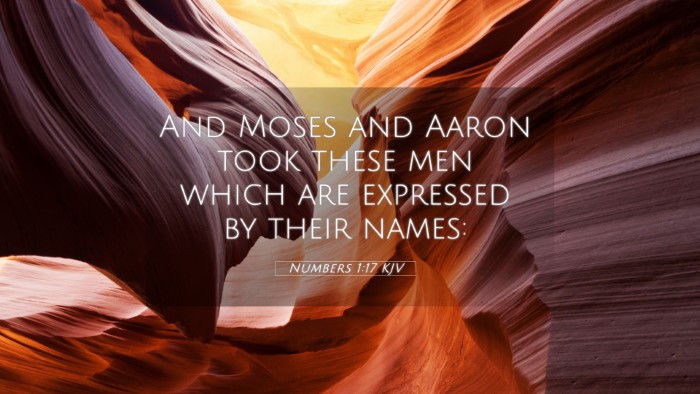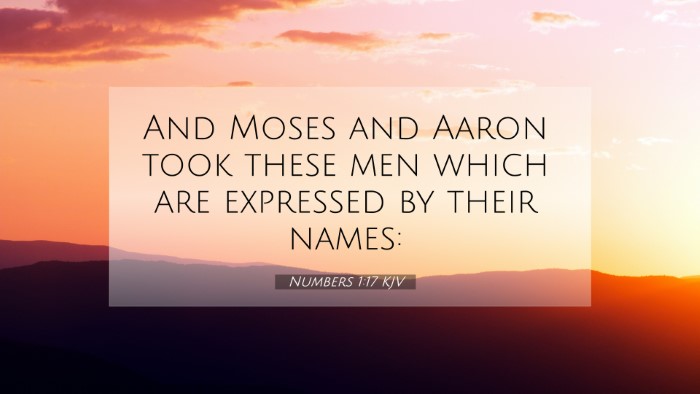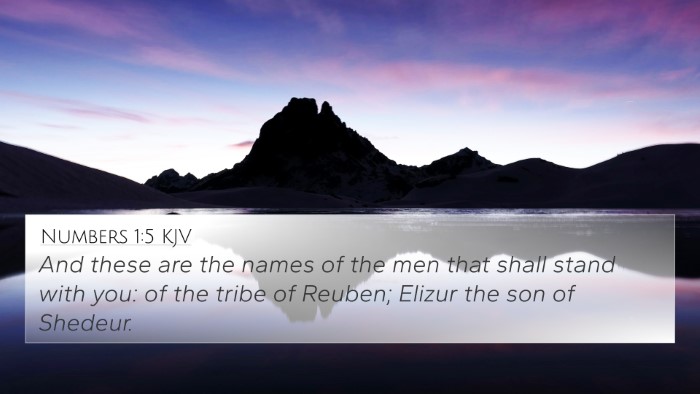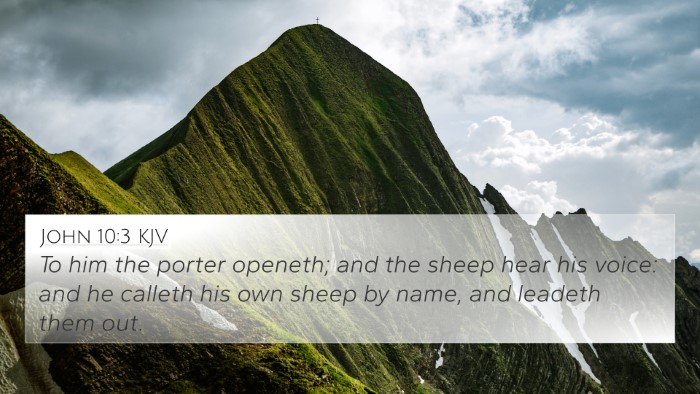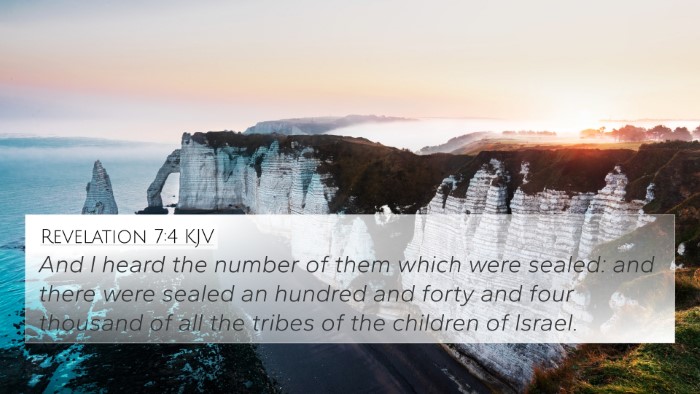Understanding Numbers 1:17
Numbers 1:17 states, "And Moses and Aaron took these men which are expressed by their names." This verse holds significant meaning within the context of the Book of Numbers, as it marks the commencement of a grand census of the Israelites.
Commentary Insights
This verse shifts focus back to Moses and Aaron, emphasizing their roles as leaders during the census.
-
Matthew Henry's Commentary:
Henry emphasizes the careful selection of leaders for conducting the census, highlighting God's orderliness and attention to detail in governing His people. The names of the men denote their significance, as they represent their tribes and families.
-
Albert Barnes' Notes:
Barnes elaborates on the necessity of accountability and organization within the community of Israel. He notes that such a structure was essential for the Israelites, particularly as they prepared to enter the Promised Land, reinforcing the importance of leadership and communal identity.
-
Adam Clarke's Commentary:
Clarke points out that the act of naming individuals suggests both honor and recognition of individual contributions. He highlights the practice of accounting for each tribe’s able-bodied men, indicating that the Lord required both order and unity among the people.
Thematic Connections and Cross-References
Numbers 1:17 serves as a pivotal verse in understanding the organization of Israelite society. Here are some relevant themes and verses:
- Exodus 18:21: Discusses the appointment of leaders over thousands, hundreds, and fifties, which demonstrates the principle of organized leadership.
- Deuteronomy 1:13: Also addresses the importance of selecting wise and understanding men to assist in governance.
- Romans 12:4-5: Highlights the diversity in the body of Christ, paralleling the organization of Israel with varying roles and responsibilities.
- 1 Corinthians 12:12: Further emphasizes the importance of unity and different functions within the body, similar to the tribes of Israel coming together.
- Philippians 1:27: Calls for unity among believers, reminiscent of the collective identity of the Israelite community.
- Hebrews 11:29: References the crossing of the Red Sea, linking back to the community’s shared history and leadership.
- Matthew 18:20: Speaks to Jesus’ promise of presence among believers gathered in His name, echoing the community’s reliance on God’s guidance.
Cross-Referencing and Inter-Biblical Dialogue
Through cross-referencing these verses, we identify overarching themes of leadership, community organization, and divine guidance:
- Linking Bible scriptures enhances our understanding of communal structures and divine order.
- Each cross-reference enriches the student’s comprehension of how biblical themes relate to each other.
- Tools for Bible cross-referencing can provide deeper insights into scripture, tying together various biblical narratives and principles.
- Utilizing a Bible concordance or cross-reference guide is essential for exploring the interconnected nature of Scripture.
- Cross-reference Bible study methods can reveal nuanced interpretations of themes across books and testaments.
Conclusion
Numbers 1:17 invites us to appreciate the structure within the community as directed by God, demonstrating the importance of leadership and accountability. By employing effective cross-referencing techniques, one can discover richer meanings and connections that span the entirety of the biblical narrative. So, whether preparing for a sermon, engaging in personal study, or teaching, these insights illuminate the significance of divine organization and community among God’s people.

